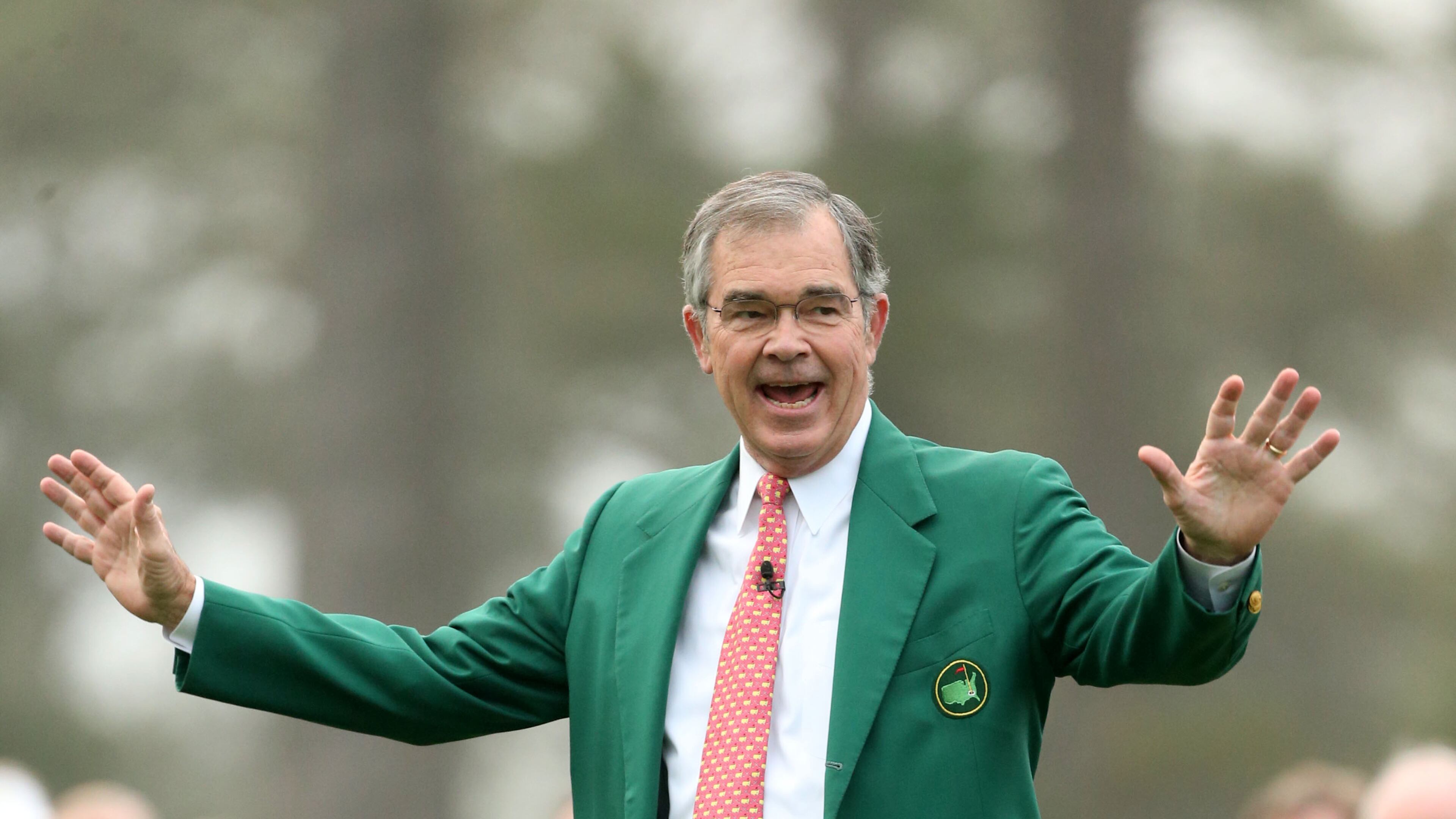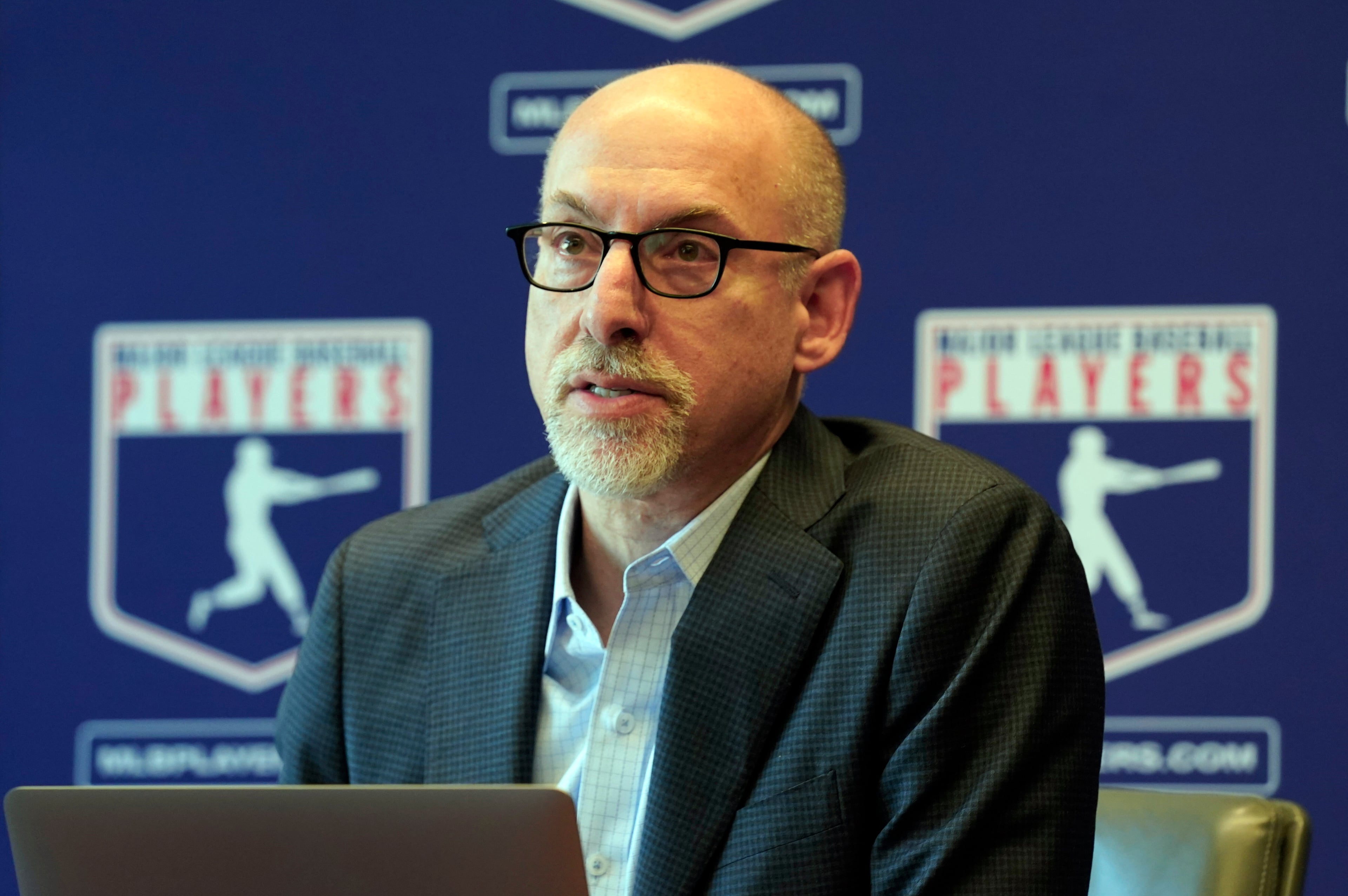Payne looks forward to life after running Augusta National, Masters

The headlines and stories this week coming out of Masters Central – otherwise known as the Augusta National Golf Club – seemed ever so obituarial in tone. So many past-tense references. A lot of looking back. Plenty of testimonials. But hold the lilies.
Billy Payne did not die Wednesday. He just stepped down as chairman/all-powerful-Oz of that most celebrated golf club just east of here. Did it rather spryly, actually.
In fact, despite a couple of heart bypass operations in the books – the first when he was only 34 – and as many surgeries on a back that won’t stop groaning, Payne insisted that health played no role in his decision to hand the chairmanship over to Fred Ridley. He did appear his usual fit and trim self in his Augusta National green jacket when discussing developments last week in the club office he’ll soon vacate. Maybe you don’t want to arm-wrestle him just yet.
Payne will turn 70 on Oct. 13. He officially steps down as Augusta National chairman three days later. It has been well documented that he does not dabble in the trivial, having delivered a Summer Olympics to his hometown of Atlanta, expanded the already considerable influence of Augusta National these past 11 years, and even having helped Georgia play its way to a SEC title in 1968 as a Bulldogs senior defensive end. With that as a base line, the question of what’s next still looms as a weighty one.
“My wife (Martha) and I have started to discuss it. And she is a little nervous about it, given my history,” Payne said, grinning.
Politics?
“No, sir. A hundred percent no,” he said with the conviction of someone who may have met one politician too many.
Climbing Everest, then? Writing his memoirs? Solving some unsolvable question, like how big is the universe?
He’d like to start with this: “Probably something in the non-profit, humanitarian area, I think. That’s where my personal interests are being directed.”
“I don’t know what the next phase in Billy Payne’s life is going to be,”said Sean McManus, chairman of CBS Sports, the network that has carried the Masters upon a litter of reverence for 61 years. “But I know whatever it is he’s going to attack it 110 percent, with full commitment. And I know he’ll be successful with it whatever it is.”
Much of his time will be spent between homes in Atlanta and out west. There are 11 grandchildren to spoil. And many more Bulldogs football games to attend than he has managed in the recent past. That includes a Sept. 9 trip to Notre Dame. There are a lot of Augusta National members with Fighting Irish ties who need silencing, he laughed.
He has one very clear idea of what this next chapter will not include.
“Certainly not to go to any more countries. I’m up to about 115, mostly from the Olympics, of course. Martha’s travel preference is to the mailbox and back at our house in Brookhaven.”
Much of the past few days has been devoted to putting the golfing part of Payne’s diverse life into perspective. As the Augusta National chairman, he stood as the single authority figure for the club and its signature event, the Masters. Payne wielded the power in myriad ways, and not always with the stern manner that dominated his annual pre-Masters news conference.
He was the guy who, as Fred Couples recalled to the Golf Channel, once told the 1992 Masters winner to put away his cellphone at the Masters champions dinner.
He was the guy who when he went shopping for someone to replace him on the Masters media committee before taking over as club chairman, commanded one of the richest citizens of New Zealand to run a media interview with no preparation whatsoever. And sat grinning in the back of the media room as his replacement nervously orchestrated the conference. Craig Heatley passed the audition.
Payne told Golf Digest he would consider his greatest achievement at Augusta National to be creating a friendlier, more welcoming environment around the club for the members. The wealthy and powerful need have a good time, too.
“My members and friends come more often than they used to because they like it more,” he told the publication. “I hope I’m a part of the reason that they want to do it.”
Payne commanded that his members have a special experience. Which brings to mind the story about the chairman suggesting to an elder member that he needed to start enjoying a proper lunch at the clubhouse rather than grabbing something to go for the course. It was a capital “S” suggestion.
What Payne couldn’t do was play much golf. Having unlimited access to perhaps the most desirable golf acreage in the U.S. and not being able to draw back a club is one of those kind of trials you read about in Greek myth.
“The fact is that I have been essentially injured (back) and not playing golf for two years now. I mean, it’s torture to come here as often as I do and not be able to play golf. Uggh. That’s certainly a regret I hope to remedy one day,” he said Tuesday.
Bigger picture, Payne will depart from this post certainly more universally complimented than when the torch was snuffed at his 1996 Atlanta Games. Opening the membership to women, initiating a global grow-the-game outreach and spearheading the most ambitious projects ever in and around the club have ranked Payne with the original Augusta chairman, Clifford Roberts, in terms of lasting influence.
“Billy has brought a number of appropriate changes that brought the club into the 21st century while at the same time being really respectful of the traditions and history of the club. That’s not an easy thing to do,” said one Augusta National member who preferred to go unnamed.
Where former Olympic head Juan Antonio Samaranch may have given Payne’s work relatively faint praise in ’96, Jack Nicklaus was unrestrained in 2017.
“(Payne) has pushed the Masters way beyond what anyone dreamed you could do with a golf tournament,” the greatest player of all time and six-time Masters champion told the Golf Channel.
From the younger generation, this a current pro who has won every major save the Masters, Rory McIlroy: “Even though (the Masters) was always at the highest level of golf, I think Billy just elevated it. It sort of stands alone in our game right now. I think everyone would agree with that.”
Come Oct. 16, Payne assumes the title of chairman emeritus of Augusta National. He’ll not be tied to any committee or official chore and by the next Masters hopes to finally roam the course and enjoy the tournament in leisure. He figures he hasn’t had that kind of freedom for better than a dozen years.
Just where does Mr. Emeritus most look forward to posting up and watching a little golf?
“I suspect if I had to pick one place I’d be in Amen Corner,” Payne said. “Second shot on 11, I love to watch. That’s the only hole I’ve played well – of course, I was playing it 100 yards shorter (than the pros).”
While he is out and about and happens to be struck by an idea for the betterment of the Masters, might he feel the need to pass it up the chain of command. For how can Payne go cold turkey and suddenly not have some actionable opinion?
“Because Fred and I are such dear friends I, of course, would be responsive to him if he had questions. Very privately of course. But he is so good, he is not going to be asking me for advice. He’s going to know what to do,” Payne said.
“It wouldn’t surprise me if I occasionally hear from him with suggestions, which would be most welcome,” CBS’ McManus said.
And one other question. While you’re parked out there at the corner, Mr. Payne, might you be witnessing a significantly longer par-5 13th? That’s one of the hot topics now concerning the next big change at Augusta.
“We have a very chairman-centric culture here,” Payne said. “That would be better directed to Fred.”


